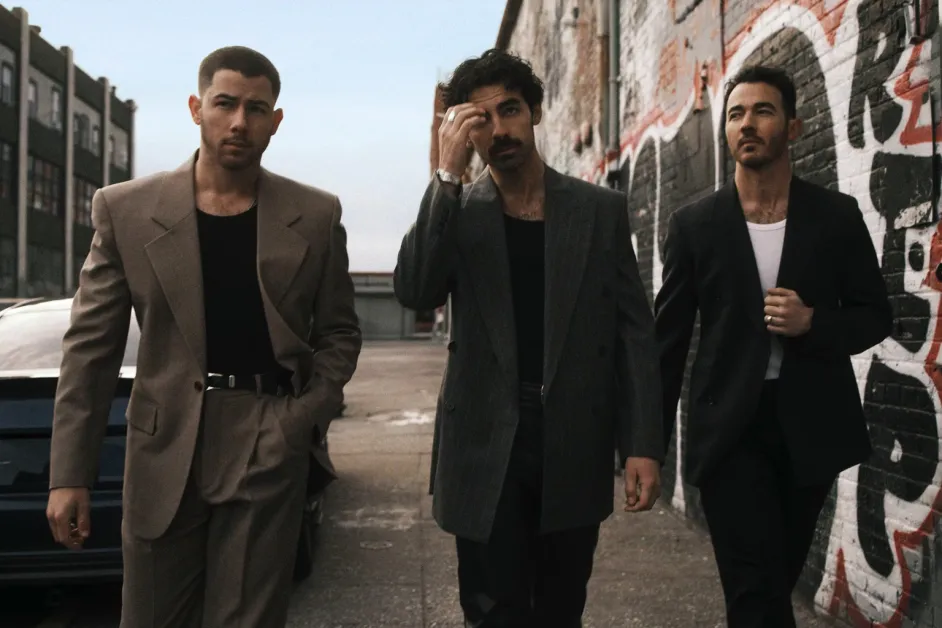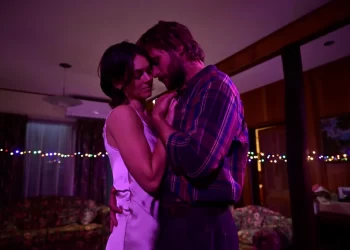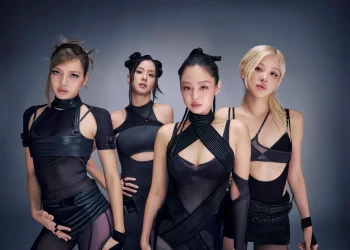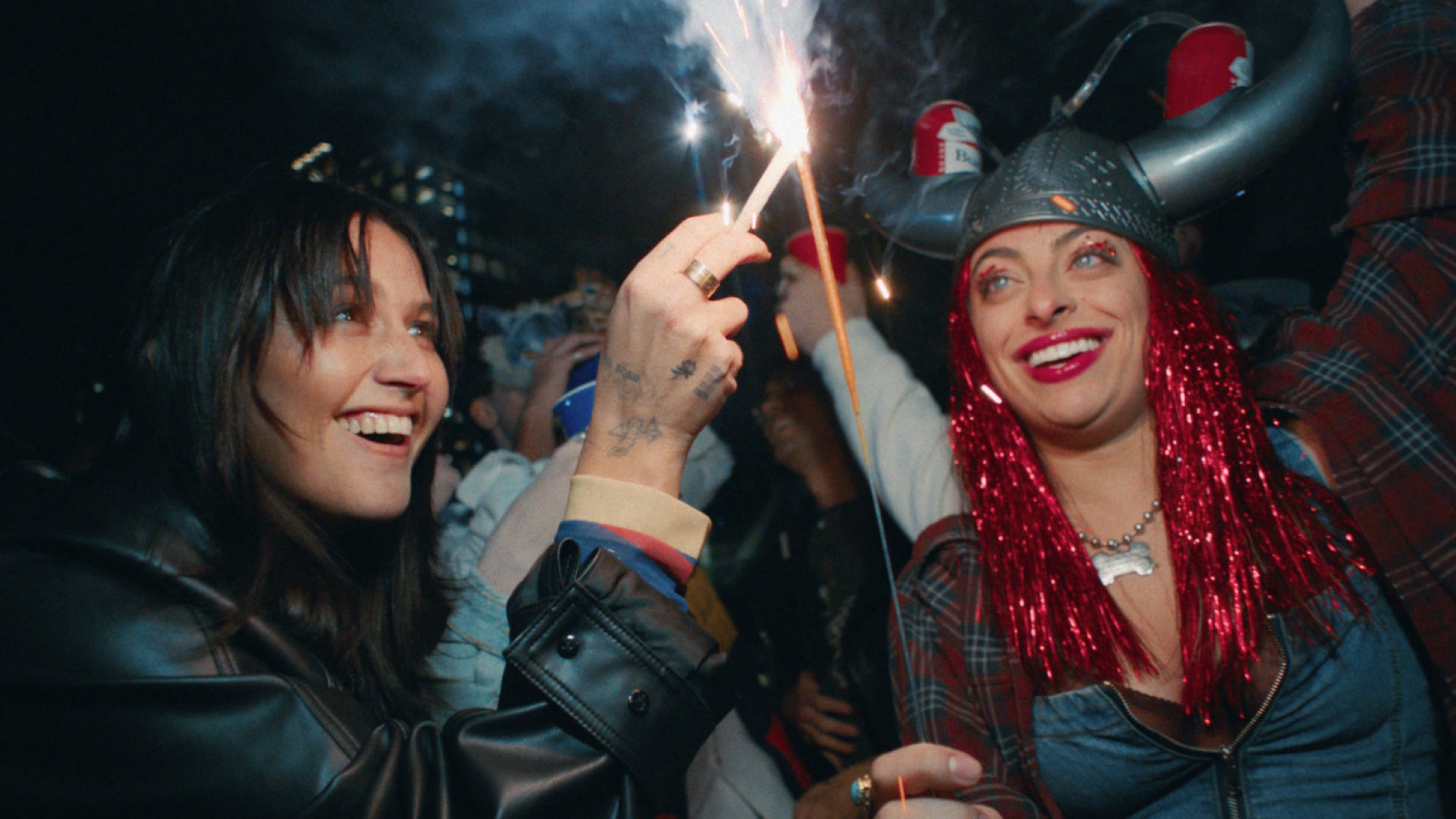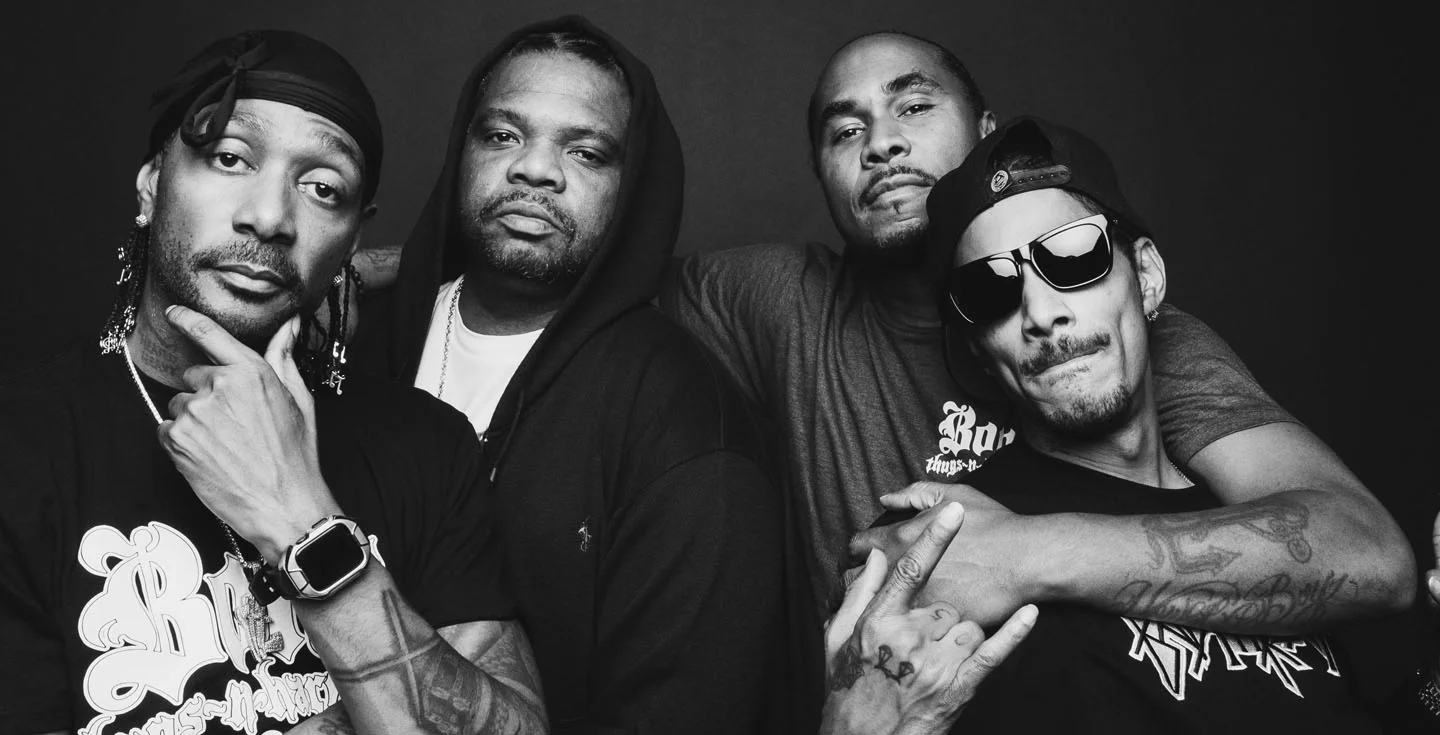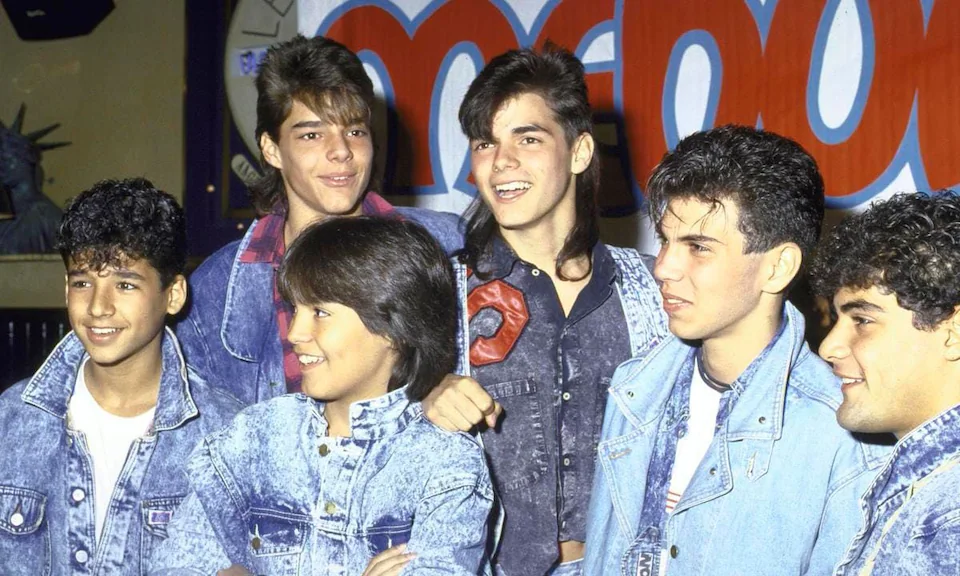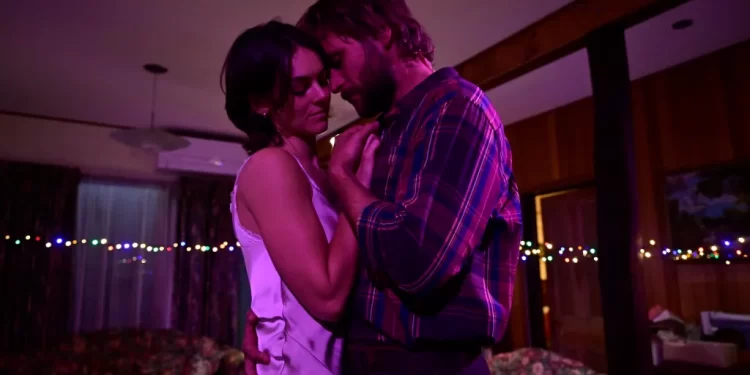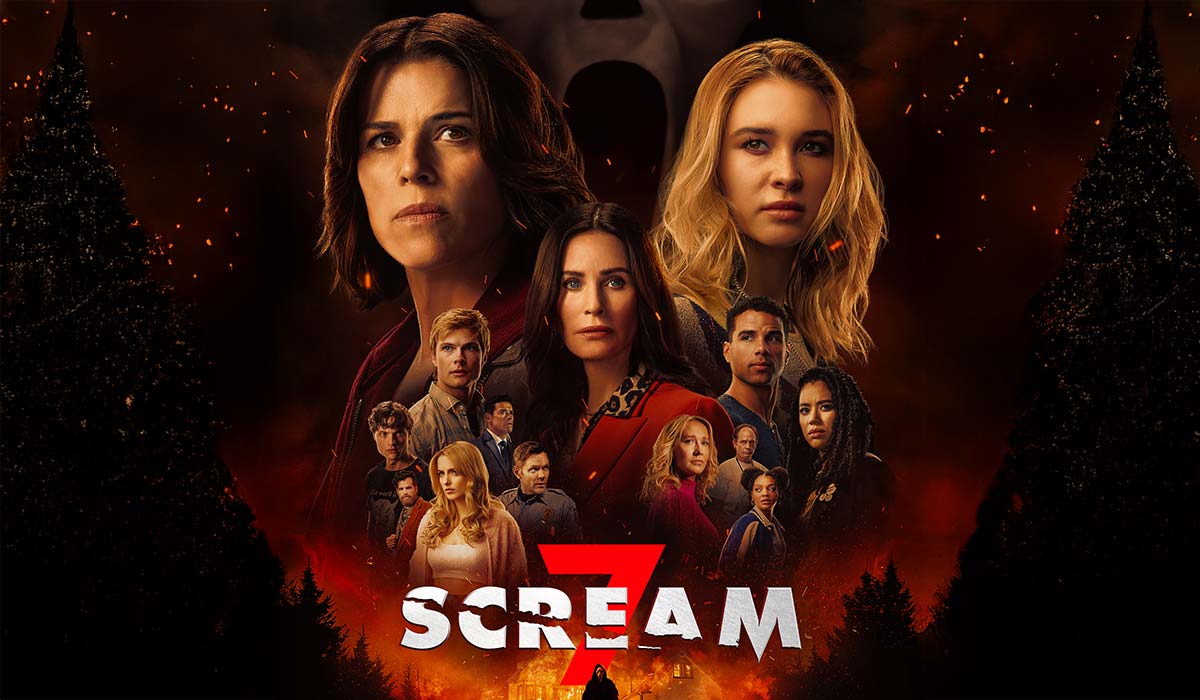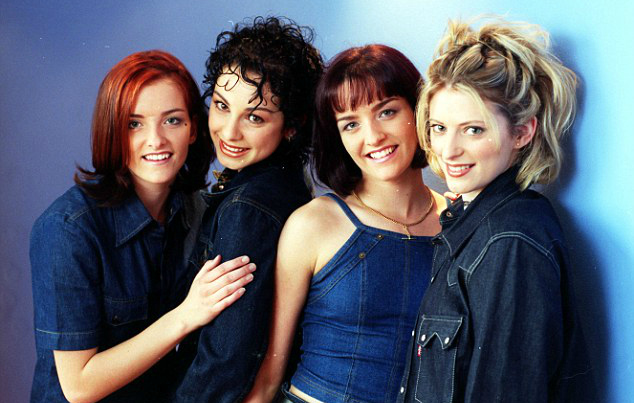In Origin, Ava DuVernay delves into the complex web of caste, race, and identity. Inspired by Isabel Wilkerson’s groundbreaking book, the film takes us on a journey that challenges conventional notions of inequality and prejudice.
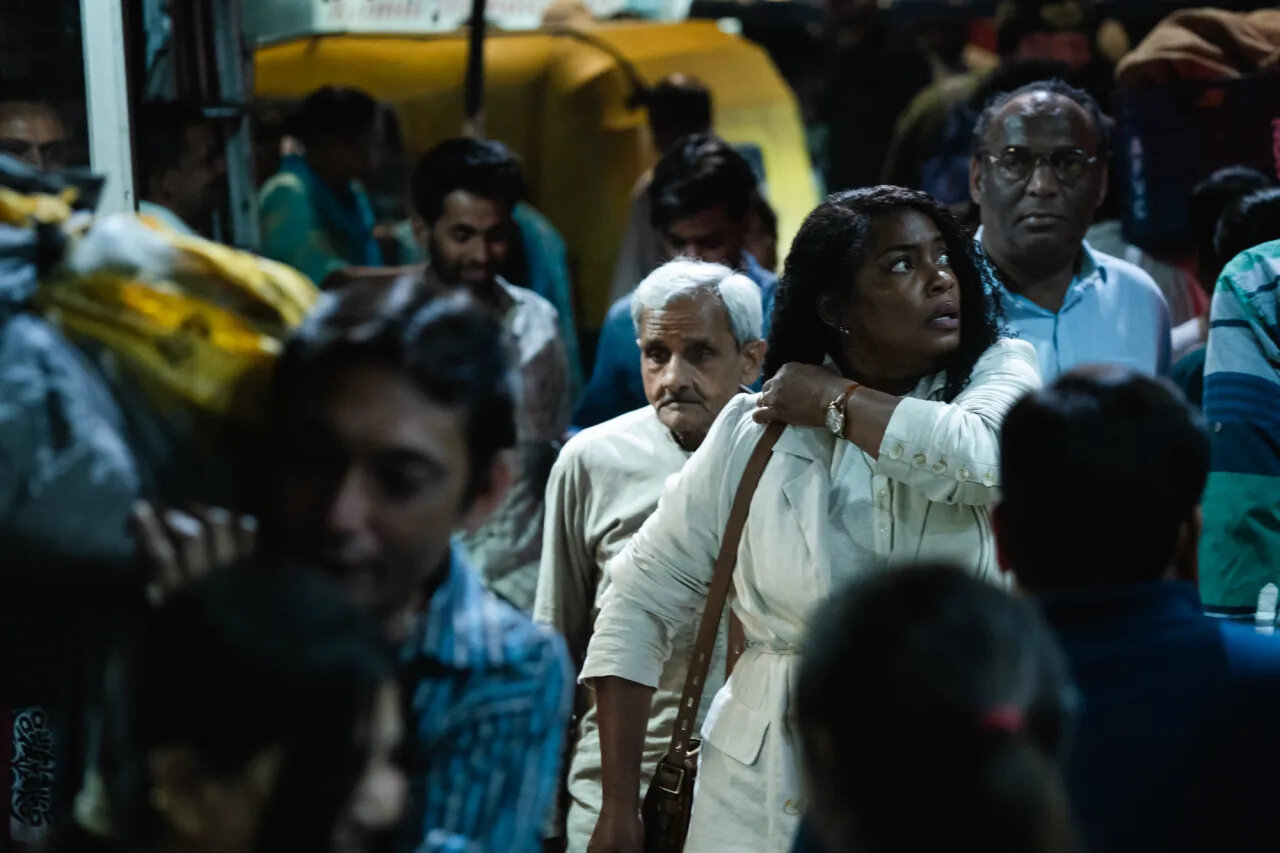
Aunjanue Ellis shines as journalist Isabel Wilkerson, who embarks on a quest to unravel the origins of caste systems. Her investigation leads her from the US to India, where she confronts the brutal realities faced by the Dalits (untouchables). Wilkerson’s encounters with scholars and academics provide intellectual fireworks. When a German historian dismisses her comparison between slavery and the Holocaust, the film raises questions about historical parallels and the weight of suffering.
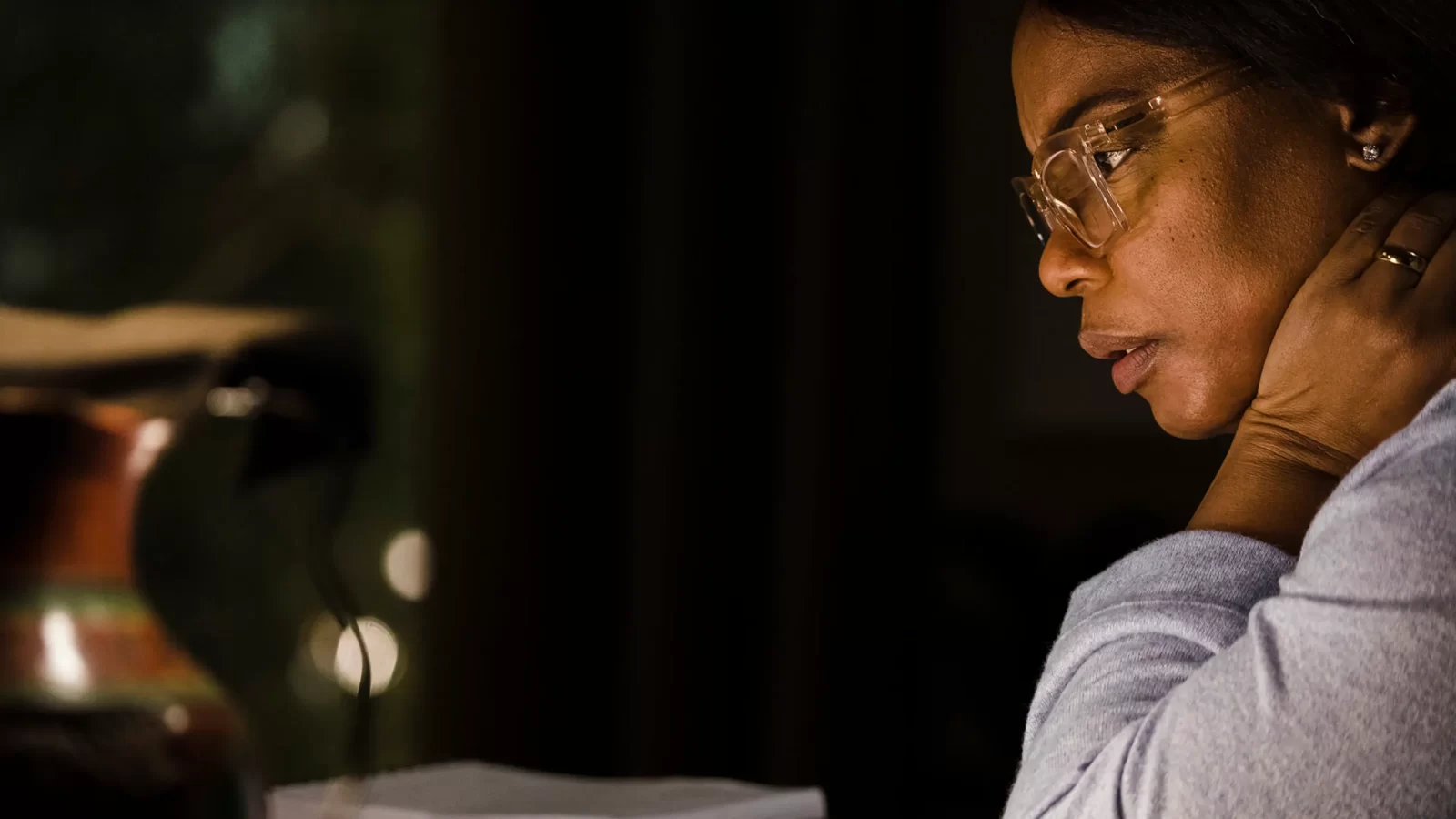
As Wilkerson grapples with loss – her mother, sister, and husband – we witness the emotional toll of her relentless pursuit. DuVernay captures these moments with sensitivity, allowing us to connect with the human behind the research. Through Wilkerson’s research, we learn how the Nazis drew inspiration from Jim Crow laws. But it’s in India that she discovers a conceptual breakthrough. The caste system, as brutal as Jim Crow, defies physical differences – a revelation that shakes Wilkerson to her core.
DuVernay’s decision to dramatize Wilkerson’s experiences adds depth. We see Wilkerson’s vulnerability, her yearning for understanding, and her determination to dismantle caste-based injustice. Curiously, the film doesn’t reveal why Wilkerson’s husband died so young. His family background remains unexplored. Perhaps some mysteries are best left untouched.
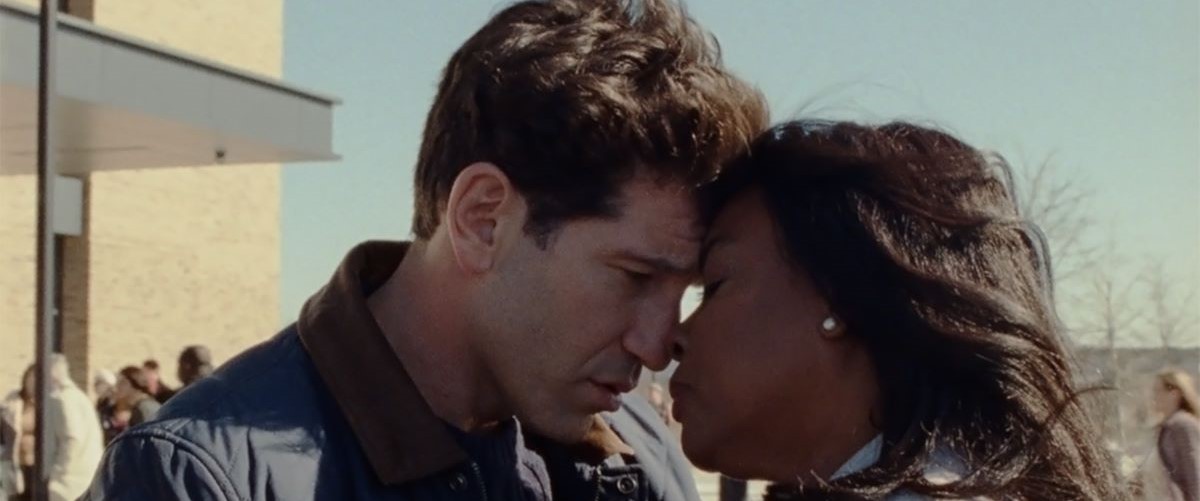
The scene where Wilkerson reaches out to a grumpy plumber (played by Nick Offerman) is a poignant highlight. Their exchange transcends caste and race, emphasizing our shared humanity. DuVernay effectively visualizes historical events, weaving them into Wilkerson’s narrative. Flashbacks transport us to different time periods, emphasizing the enduring impact of caste.
Origin is easily one of the best movies I’ve seen this year, its urgency, heartfelt performances, and exploration of caste make it a thought-provoking addition to Ava DuVernay’s filmography. As we leave the theater, we’re left pondering the origins of our own discontents.
Email:neill@outloudculture.com
Socials: @neillfrazer






